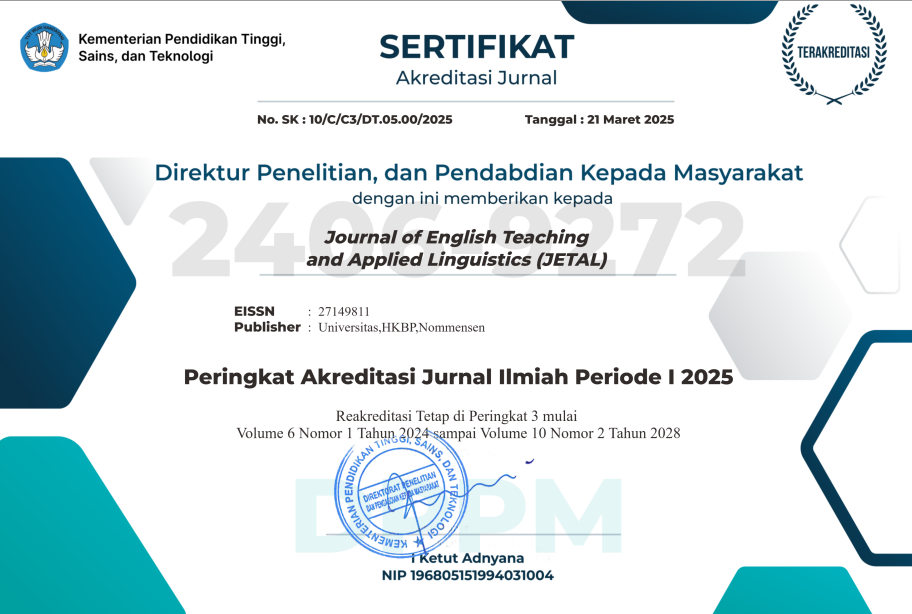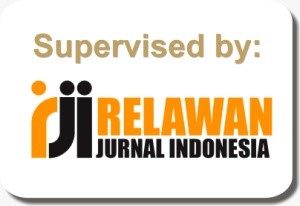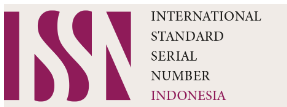Home Follow-ups:Support to Classroom-Based Remediation in Enhancing Reading Comprehension
Abstract
Abstract
In the educational realm, all stakeholders must take part in the overall well-being of students, regardless of their age, economic status, abilities, and individual uniqueness. Teachers are at the forefront of keeping the process going; parents are on the side, especially when supplemental assistance must be provided to the learners. This study aimed to understand home follow-ups in support of classroom-based remediation in enhancing reading comprehension skills through the lived experiences of five parents involved in their child’s learning. The study was anchored on the data gathered through a semi-structured interview to deeply understand the parents’ side on this topic. Through an Interpretative Phenomenological Analysis qualitative approach, the researchers divulged how parents’ involvement takes hold of their child’s performance in school. In this paper, five superordinate themes with corresponding sub-ordinate themes were determined: the spectrum of parents’ impressions on the idea of classroom-based remedial sessions; help given at home through follow-up sessions; reasons of parents for stepping up and taking extra actions; the difficulties and challenges encountered; and the essence of home follow-ups to the students’ holistic being. The experiences of parents revealed that home follow-ups positively impact the child, and this is a practice every parent must endeavor.
References
116the experiences of others. Perspectives on Medical Education, 8(2), 90–97. https://doi.org/10.1007/s40037-019-0509-2Nowak, P. (2022, August 13). What are the Benefits of Reading Comprehension? Iris Reading. https://irisreading.com/what-are-the-benefits-of-reading-comprehension/Popirtac, F.(2022, May 11). Five benefits of parent involvement in schools. Spark Generation. https://spark.school/parental-involvement-in-school/Rai, H., & Penjor, S. (2020). The Impact of Remedial Class on Students’Learning Achievement. Contemporary Education and Teaching Research, 1(2), 27–34. https://doi.org/10.47852/bonviewcetr2020010203Riazi, N. A., Wunderlich, K., Gierc, M., Brussoni, M., Moore, S. A., Tremblay, M. S., & Faulkner, G.(2021). “You Can’t Go to the Park, You Can’t Go Here, You Can’t Go There”: Exploring Parental Experiences of COVID-19 and Its Impact on Their Children’s Movement Behaviours. Children, 8(3). https://doi.org/10.3390/children8030219Schmid, E., & Garrels, V.(2021). Parental involvement and educational success among vulnerable students in vocational education and training. Educational Research, 63(4), 456–473. https://doi.org/10.1080/00131881.2021.1988672Somani, G. (2023). Remedial Classes and Remedial Education -A Complete Guide https://www.iitms.co.in/blog/remedial-classes-and-remedial-education-guide.htmlStanford, L. (2023, August 15). Does parent involvement really help students? Here’s what the research says. Education Week.https://www.edweek.org/leadership/does-parent-involvement-really-help-students-heres-what-the-research-says/2023/07The Annie E. Casey Foundation.(2022,December 16). Parental involvement in your child’s education. https://www.aecf.org/blog/parental-involvement-is-key-to-student-success-research-showsUtami, A. Y.(2022). The role of parental involvement in student academic outcomes. Journal of Education Review Provision, 2(1), 17–21. https://doi.org/10.55885/jerp.v2i1.156Vuong, Q. H., Nguyen, M. H., & Le, T. T.(2021). Home scholarly culture, book selection reason, and academic performance: pathways to book reading interest among secondary school students. European Journal of Investigation in Health, Psychology and Education,11(2), 468–495. https://doi.org/10.3390/ejihpe11020034

This work is licensed under a Creative Commons Attribution-ShareAlike 4.0 International License.
Authors retain copyright and grant the journal right of first publication with the work simultaneously licensed under a Creative Commons Attribution-ShareAlike 4.0 International License (CC BY-SA 4.0) that allows others to share the work with an acknowledgment of the work's authorship and initial publication in this journal.
Authors are able to enter into separate, additional contractual arrangements for the non-exclusive distribution of the journal's published version of the work (e.g., post it to an institutional repository or publish it in a book), with an acknowledgment of its initial publication in this journal.
Authors are permitted and encouraged to post their work online (e.g., in institutional repositories or on their website) prior to and during the submission process, as it can lead to productive exchanges, as well as earlier and greater citation of published work (See The Effect of Open Access).






